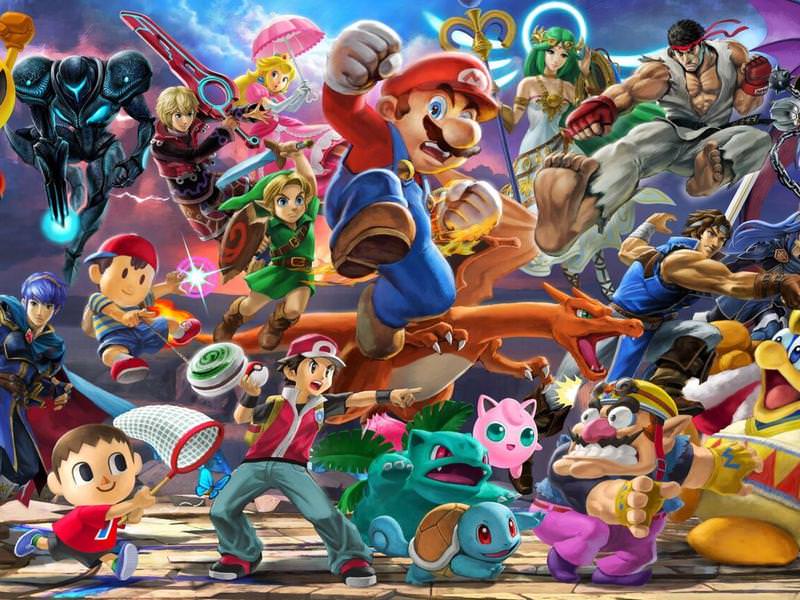Lawsuit Brought By Epic Games Against Apple Still As Heated As When First Issued

Apple logo (Image: Apple)
On August 13, 2020, Epic Games reduced the price of “V-Bucks” (the currency in Fortnite) by 20% if the players purchased directly from Epic, while those who purchase through Apple or Google storefront were not given the discount.
In a short period, Apple and Google removed Fortnite from their app stores, which then led to the lawsuit from Epic Games against both companies.
In the lawsuit, Epic Games mainly accuses Apple of its monopoly over app distributions. The ecosystem that Apple has built with its popular products requires every app to be downloaded through the Apple Store, unless Apple gives permission to other means. But companies that wish to reach Apple clients will need to face a rather high fee from Apple— up to a 30 percent revenue cut.
The most important counterargument from Apple is that the Apple Store is not a monopoly. Developers that do not favor Apple’s services can still extract clients through passages like Android phones, gaming consoles, or desktop operating systems.
The accusation of a company dominating the market is not unprecedented. In 1992, Kodak was sued for directing its customers toward its own services and excluding other businesses. But unlike Kodak that had allowed a third-party service before, Apple has always been a single market with its Apple Store. Still, whether it is a monopoly depends on how Judge Yvonne Gonzalez Rogers rules.
Meanwhile, the case is harder to level against Google, who has adopted a more accommodating installation policy than Apple. Android users have long had access to many other means, including Epic’s own Epic Games App or other direct links from different developers.
Tim Cook, the CEO of Apple, will be present in the court to defend Apple’s marketing strategy. Whether the “walled garden” will be forced to open its gate is still an ongoing debate.





